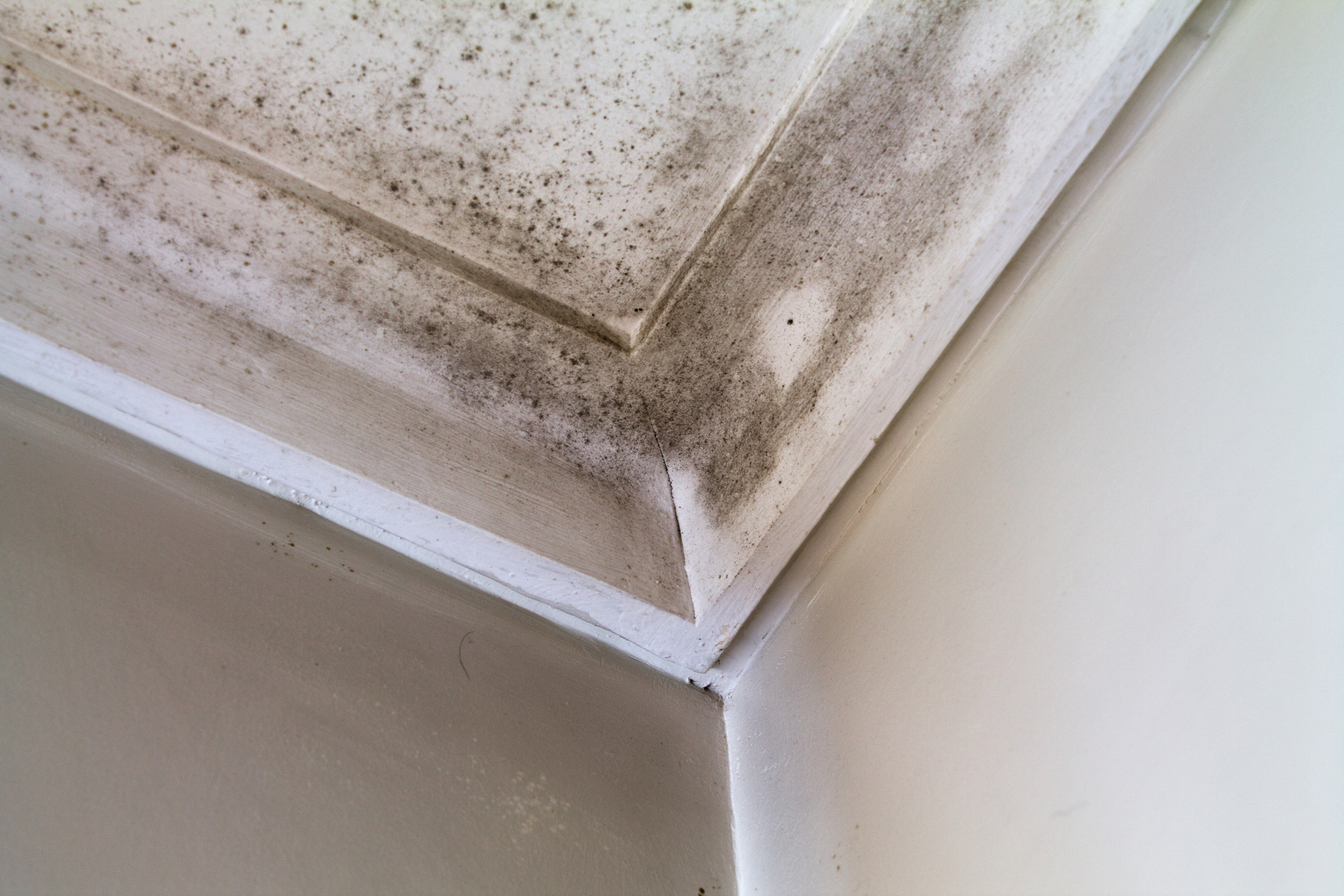On September 18, 2014, SGR Environmental & Sustainability attorney Chris Bowers will appear before the Georgia State Senate Mold and Mildew Remediation Contractor Study Committee as a legal expert to answer questions regarding federal and state law standards governing licensing and certification of mold assessment and remediation contractors. In March of this year, the Georgia State Senate passed Senate Resolution 953, creating the Committee. The purpose of the Committee is to examine the assessment and cleanup of indoor residential mold by professional contractors, and whether any actions or legislation are warranted to safeguard against those who may seek to overstate the scope of… Read more
Tag: mold
More on Mold

In a recent decision, the New York State Court of Appeals[1] has resolved conflicting lower court decisions we have reported in previous memoranda[2] and raised the bar for the successful prosecution of claims based on alleged injury from mold. Although cooperatives and condominiums will still be subject to such claims, the Court made clear that the claims should be judged based on the strict application of the evidentiary rules applicable to expert scientific evidence.[3] In the case before it, the Court dismissed the claim because the evidentiary requirements had not been satisfied. The decision reviewed the two casual determinations required… Read more
Mold Revisited

Despite an earlier court decision that has been widely interpreted as holding that landlords in New York (including cooperatives and condominiums) had no liability for alleged bodily injury from mold, the Appellate Division of the New York State Supreme Court for the First Department has issued a decision making clear that the issue remains very much in play. In a memorandum in October of 2006 we advised our cooperative and condominium clients of a Supreme Court decision in the Fraser case[1] which found that then-current scientific evidence did not support a conclusion that mold or damp indoor environments cause illness. … Read more
Mold

The New York County Supreme Court issued a decision on September 27, 2006, finding that current scientific evidence does not support a conclusion that mold or damp indoor environments cause illness. The lengthy decision was issued after an extensive hearing. This is a very important decision for all landlords, including cooperative and condominium boards, and indicates a growing trend among courts across the country to view evidence of mold-caused illnesses with increasing skepticism. In Fraser v. 301-52 Township Corp., the plaintiffs (husband, wife, and child) sued their cooperative for personal injuries allegedly caused by mold in their water-damaged apartment. The… Read more

